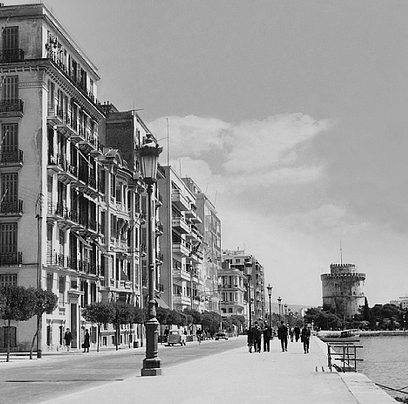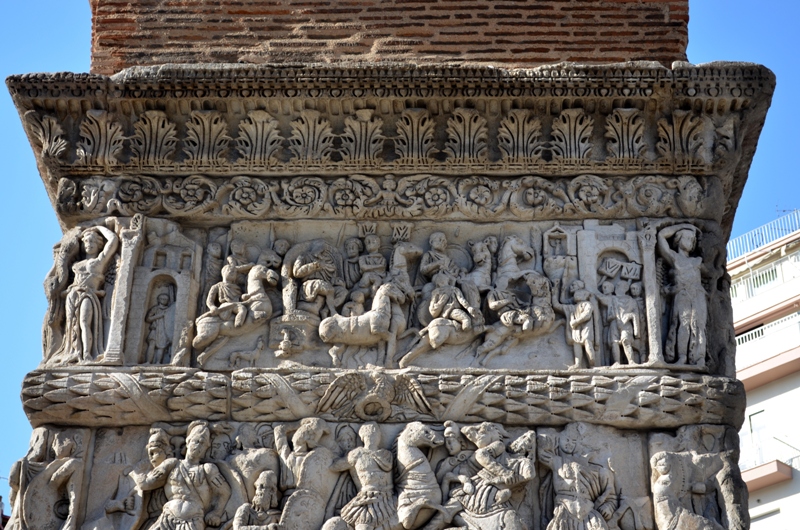About Thessaloniki
History:
Thessaloniki (520 km. north of Athens) is the second largest city of Greece and the most important centre of the area. Built near the sea (at the back of the Thermaïkos Gulf), it is a modern metropolis bearing the marks of its stormy history and its cosmopolitan character, which give it a special beauty and charm .

The city of Thessaloniki Greece was founded in 315 BC by king Cassander of Macedonia. It got its name from Thessaloniki, wife of Cassander and half-sister of Alexander the Great, who, in turn, was named like that after her father, king Phillip II of Macedonia, to commemorate his victory over the Phocians with the help of Thessalian horsemen. Thessaloniki, in greek, actually means the "victory of the Thessalians".

Thessaloniki's history spans some 2,300 years. An important metropolis by the Roman period, Thessaloniki was the second largest and wealthiest city of the Byzantine Empire. Thessaloniki is home to numerous notable Byzantine monuments, including the Paleochristian and Byzantine monuments of Thessaloniki, a UNESCO World Heritage Site, as well as several Roman, Ottoman and Sephardic Jewish structures. The city's main university, Aristotle University, is the largest in Greece and the Balkans.
Sightseeing:
You can visit:
- The northernmost Byzantine walls of the city and parts of the western walls
- The city's symbol - the White Tower, one of the 16th c. AD fortified towers - which is the only surviving tower on the seafront
- The upper town for its traditional old houses, small cobbled streets, Byzantine citadel, the Eptapyrgion fort.
- The Byzantine churches built between the 5th and 14th century, such as Agios Demetrios, (7th c.) and Agia Sophia (Holy Wisdome, 9th c.), and many lovely smaller ones in the upper town (St Nicolaos Orfanos is particularly worth a look for its frescoes), which are on the UNESCO World Heritage List.
- The traditional central food market, with hundreds of stalls selling meat, fish, fruit, vegetables, cheap clothes and shoes, flowers, herbs and spices, between Aristotele Square and Venizelou street.
- Aristotelous Square-the biggest of the city-and the promenade with its cafes and restaurants.
(Source: Wikitravel, for more information please read the entire article http://wikitravel.org/en/Thessaloniki)
More information: http://www.visitgreece.gr/en/main_cities/thessaloniki
